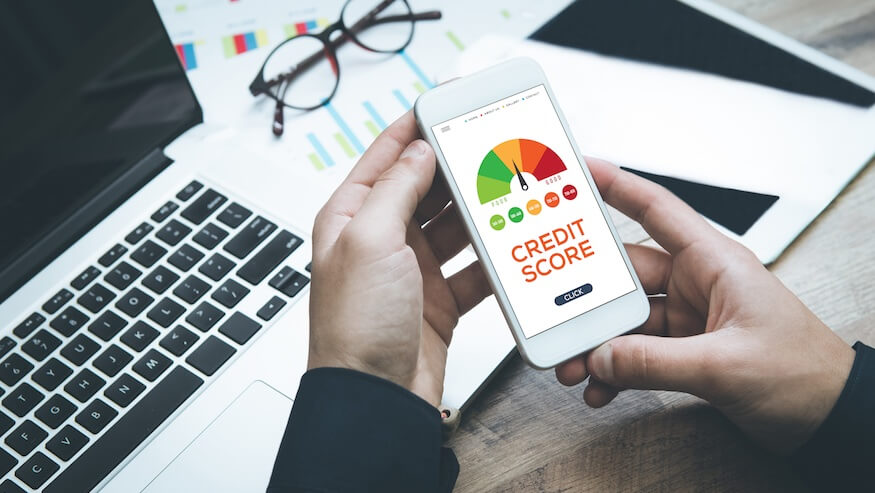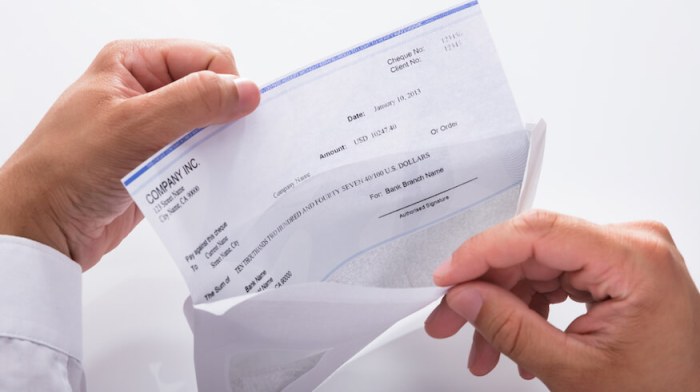A good credit score can help open doors. The better your score, the more money you can save on a number of financial transactions.
But how do you get into the “good” credit score range? Here’s what you need to know to unlock the benefits of better credit.
The Basics of Good Credit Scores
You know you need a good score to qualify for the best loans—but you may not know what credit score is good according to the credit bureaus.
FICO has defined specific credit score ranges: A good score falls between 670 to 739, a very good score falls between 740 and 799, and any score of 800 or above (up to a maximum of 850) is exceptional.
Payment history is the most important factor going into your credit score. On-time payment of all your bills is the simplest—but not fastest—way to ensure a good credit score.
To speed up the process of improving your score, consider trying one of these credit-improvement secrets:
6 Secrets to Improving Your Credit Score
1. Keep an Eye on Your Credit
Consistently monitoring your credit score allows you to recognize when there are changes in your credit—both good and bad. Apps like CreditSesame make it simple for you to monitor your score
The CreditSesame app gives you a free credit score—updated monthly—and grades you on various credit factors so you know which to focus on as you work to improve your score.
2. Better Utilization Can Improve Your Score Instantly
Your utilization ratio, which can account to up to 30% of your credit score, is the amount of money you owe compared to your total credit limit. For instance, if you have a credit limit of $1,000 on your credit card, and a balance of $750, you have a 75% utilization ratio.
Keeping your utilization at 10% or less can help you quickly improve your credit score. Here’s how to get to 10% utilization:
— Ask for a credit limit increase. (Just don’t charge more now that you have a higher credit limit.)
— Pay your credit card weekly rather than monthly. You will maintain a lower utilization ratio because you will never carry a balance.
— Pay for big purchases in cash. Big charges on your credit card negatively affect your utilization, so put them on your debit card.
3. Become an Authorized User on a Family Member’s Card
A loved one with an excellent credit score can help you improve yours. Ask if you can become an authorized user on your relative’s card. When your family member pays on time and keeps a low utilization ratio, it’s reflected in your credit score, as well.
You don’t even need to keep the authorized user card. Shred it or give it to your loved one for safe-keeping. Just having your name on the account is all you need.
4. Use All Your Cards
Regularly use and pay off all of your cards, even if it’s for very small amounts. The length of your credit history accounts for 15% of your credit score, so keeping your cards in use improves your score.
Pay a regular bill with each card and set up an automatic payment for each one. This will keep your cards from going dormant.
5. Build Credit and a Nest Egg Simultaneously
Applying for a credit card can be financially dangerous for some consumers because they will overspend. Self Lender’s credit builder account—a CD-secured installment loan—can be a good way for the credit card-averse to improve their credit scores while also building a little nest egg.
With Self Lender, you open an account for up to $1,700 with a small activation fee, ranging from $9 to $15. From there, you make equal monthly payments for 12-24 months. For a $1,700 account, you will pay $150 per month for 12 months. At the end of the term, you receive back the full amount of the loan, plus any interest the CD has earned—as well as an improved payment history.
6. Build Credit by Paying Your Rent
Rent payments are not typically reported to credit bureaus. This means your on-time rent payment history can’t improve your credit score. But a new service called CreditPop allows you to report your rental payments to all three credit bureaus.
For a monthly fee of $9.95, you can ensure that your on-time rent payments help you build your credit. This means you get a no-hassle improvement of your credit score without having to take on a credit card or loan.
A Better Credit Score Is in Reach
Consistent good payment habits, lower utilization, and using alternative ways to build your credit history can all help you achieve the good credit score you want.

























